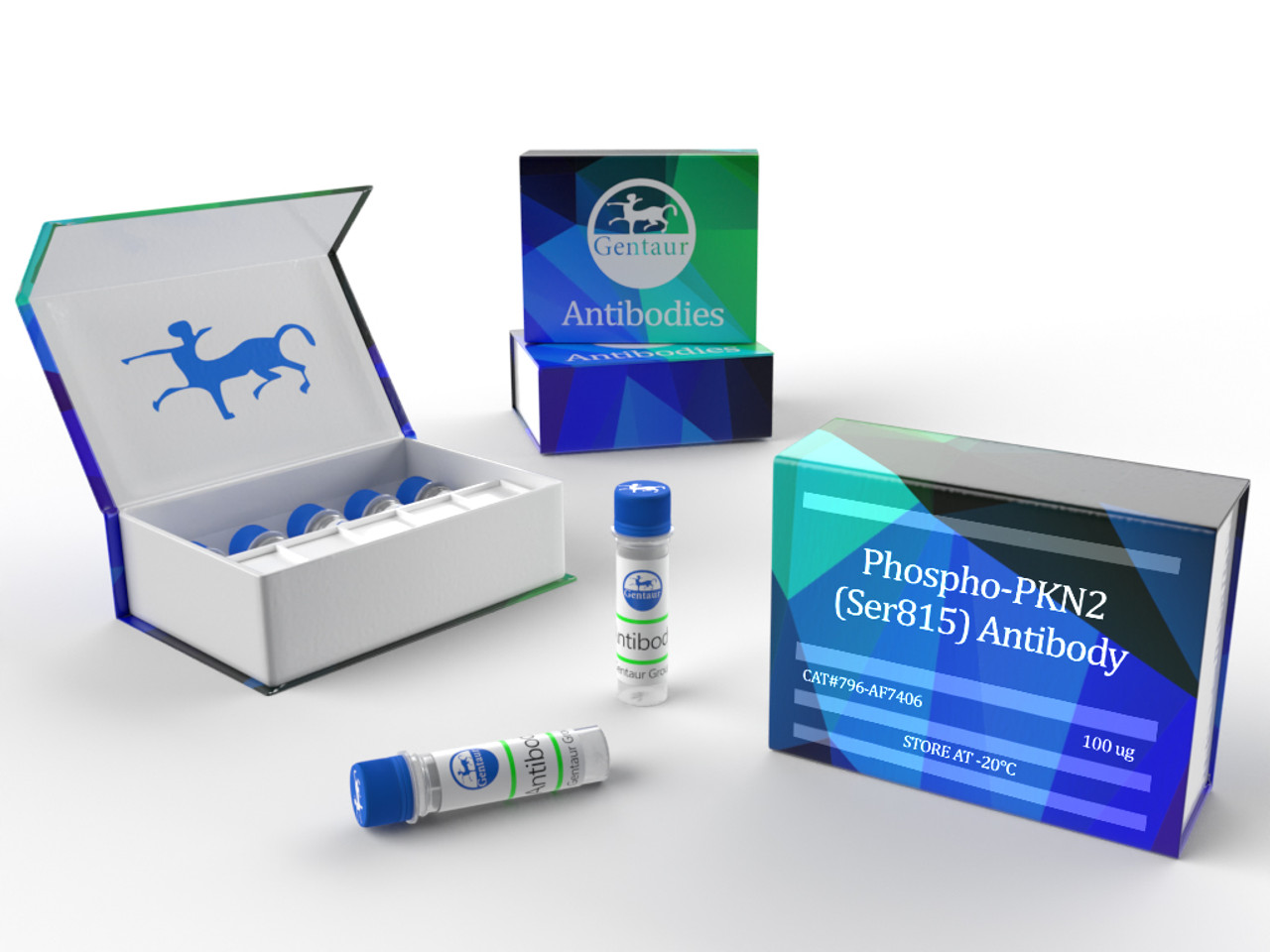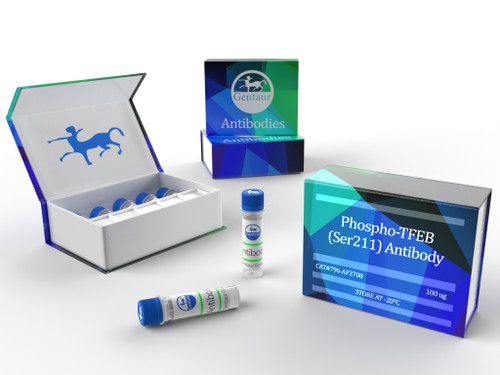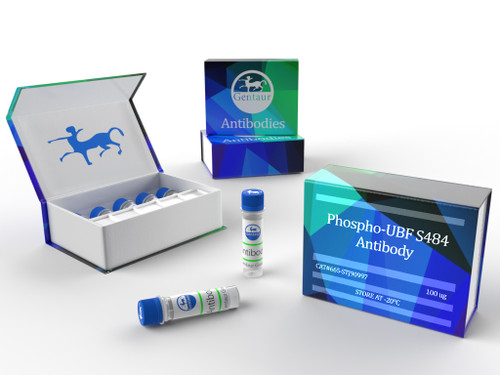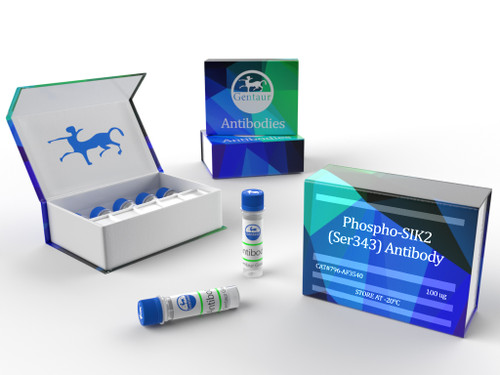Shop By Category
- Cytoskeletal proteins
- Gentaur Antibodies
- ICL Antibodies
- ICL ELISA
- ICL Isotype Control
- ICL Loading Control
- ICL Protein Standard
- VIRAL ANTIGENS
- Accesoirs
-
Antibody
- Antigens
- Assay Kit
- BASIC ANTIBODY
- Buffer
- CD32 Antibodies
- Chemical Products
- Chemicals
- Cytokine Kits
- Cytoskeletal proteins
- Desmoglein antibodies
- Elisa Grade
- Eliza kit
- FIRBONECTIN
- Glycophorin Antibodies
- Guinea Eliza kit
- Hepatitis Antigen
- hepatocellular
- Human IgG
- hybridization
- Immunization Grade
- Immuno
- IMMUNOFLUORESCENCE TECHNIQUE
- Immunoprecipitation
- Immunogenetics
- Monoclonal ab
- MONOCLONAL Antibodies
- monoclonal FC Gamma
-
Natural and Recombinant
- Bovine 1 ELISA
- Bovine 10 ELISA
- Bovine 11 ELISA
- Bovine 12 ELISA
- Bovine 13 ELISA
- Bovine 14 ELISA
- Bovine 15 ELISA
- Bovine 2 ELISA
- Bovine 3 ELISA
- Bovine 4 ELISA
- Bovine 5 ELISA
- Bovine 6 ELISA
- Bovine 8 ELISA
- Bovine 9 ELISA
- Bovine A ELISA
- Bovine Alpha ELISA
- Bovine Amelogenin ELISA
- Bovine Amine ELISA
- Bovine ELISA
- Bovine1 ELISA
- Chicken 1 ELISA
- Chicken 2 ELISA
- Chicken 3 ELISA
- Chicken 4 ELISA
- Chicken 5 ELISA
- Dog 1 ELISA
- Dog 2 ELISA
- Dog 3 ELISA
- Dog 4 ELISA
- Dog 5 ELISA
- Dog 6 ELISA
- Dog 7 ELISA
- Dog 8 ELISA
- Dog 9 ELISA
- Fish ELISA
- General ELISA
- Goat ELISA
- Human 1 ELISA
- Human 10 ELISA
- Human 11 ELISA
- Human 12 ELISA
- Human 13 ELISA
- Human 14 ELISA
- Human 15 ELISA
- Human 16 ELISA
- Human 17 ELISA
- Human 18 ELISA
- Human 19 ELISA
- Human 2 ELISA
- Human 20 ELISA
- Human 21 ELISA
- Human 3 ELISA
- Human 4 ELISA
- Human 5 ELISA
- Human 7 ELISA
- Human 8 ELISA
- Human 9 ELISA
- Mouse 1 ELISA
- Mouse 10 ELISA
- Mouse 11 ELISA
- Mouse 12 ELISA
- Mouse 13 ELISA
- Mouse 14 ELISA
- Mouse 15 ELISA
- Mouse 16 ELISA
- Mouse 17 ELISA
- Mouse 2 ELISA
- Mouse 3 ELISA
- Mouse 4 ELISA
- Mouse 5 ELISA
- Mouse 6 ELISA
- Mouse 7 ELISA
- Mouse 8 ELISA
- Mouse 9 ELISA
- Pig 1 ELISA
- Pig 2 ELISA
- Pig 3 ELISA
- Pig 4 ELISA
- Pig 5 ELISA
- Pig 6 ELISA
- Rat 1 ELISA
- Rat 10 ELISA
- Rat 11 ELISA
- Rat 2 ELISA
- Rat 3 ELISA
- Rat 4 ELISA
- Rat 5 ELISA
- Rat 6 ELISA
- Rat 7 ELISA
- Rat 8 ELISA
- Rat 9 ELISA
- Salmon ELISA
- natural antigen
- Cell
- Peptide
- Peripherin Antibodies
- Pharmaceuticals
- Polyclonal Antibodies
- Polyclonal Antiserum
- Protein Antibodies
- Recombinant Proteins
- pure chemicals
- Serum
- STABILIZERS
- T-Cell Grade
- TALIN Antibodies
- Test Kit
- therapeutic procedures
- TUMOR
- VIRAL ANTIGENS
- Vitamins
- Zebrafish
- Garden
- Extraction Kits
- qPCR
Phospho-PKN2 (Ser815) Antibody | Gentaur
Gentaur
MSRP:
Now:
€340.00
(You save
)
- SKU:
- 796-AF7406-GEN
- Availability:
- IN STOCK
- Size:
- 100 µg
Size 100 µg








